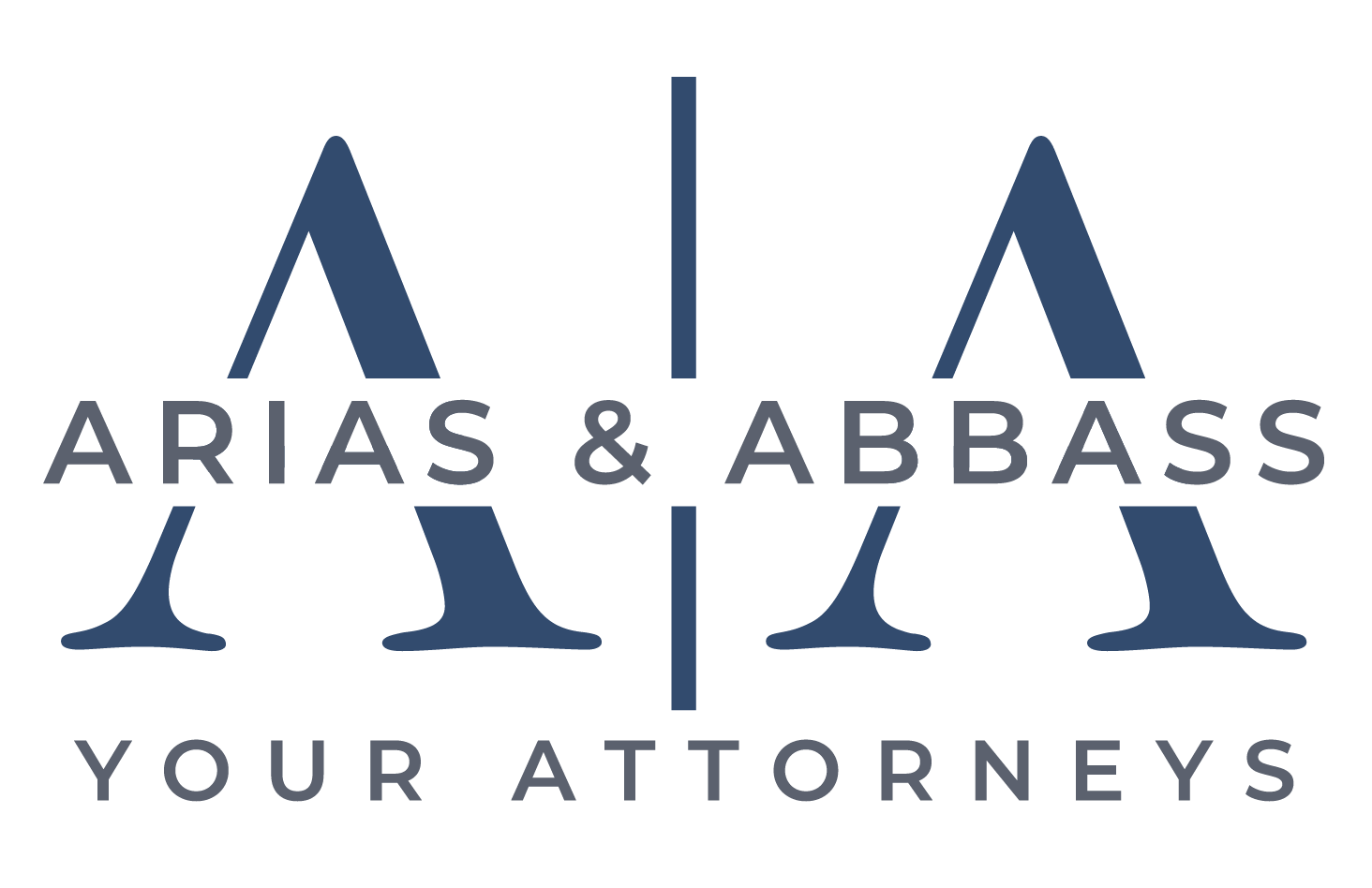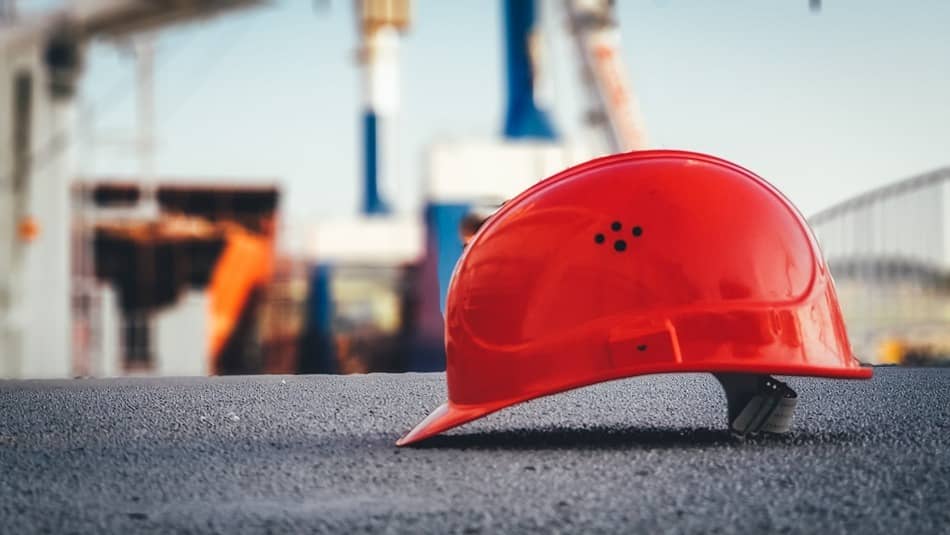This blog post will explore some of the most common injuries sustained by offshore workers and what you can do to recover in the aftermath.
If you have questions about how to move forward, speak with a Florida offshore injury attorney at Arias and Abbass Your Attorneys to discuss your rights and options today.
Most Common Offshore Injuries
There are a variety of hazards and risks associated with working offshore. Below are some examples of common injuries sustained while working offshore and the types of scenarios that frequently lead to them.
1. Lifting Injuries
Many individuals who work on an offshore vessel are tasked with strenuous activities, including routine lifting and moving of heavy objects and equipment.
However, this type of heavy lifting, often requiring awkward postures, and other repetitive motions over long periods of time can lead to injuries such as strains and sprains.
In fact, according to the Bureau of Safety and Environmental Enforcement (BSEE), a majority of offshore injuries reported in 2021 were classified as lifting injuries.
2. Slip and Fall Injuries
Offshore platforms and vessels often have elevated surfaces, slippery areas, and cables or other equipment on the ground, all of which have a tendency to increase the risk of slip, trip, and fall injuries. Some of the most common injuries resulting from slip and fall accidents include:
- Broken bones,
- Ankle or wrist sprains,
- Knee injuries,
- Neck and back injuries,
- Concussions,
- Bruising, and
- Cuts and lacerations.
Notably, however, many slip and fall injuries are preventable when proper precautions are taken. Thus, if your slip and fall injuries were caused due to the negligence of a coworker or employer, you may have a legal claim for relief.
3. Burns from Fires and Explosions
Many offshore vessels are susceptible to extreme hazards due to the proximity to flammable substances such as oil and gas. Improper care and handling of such substances can lead to fires and explosions, resulting in severe burns.
Burns can be particularly devastating injuries, frequently resulting in scarring and infection and requiring surgery in the immediate aftermath and additional procedures in the future. Further, depending on the severity, they may never fully heal.
4. Machinery and Equipment Accidents
Most offshore vessels require workers to operate or work near heavy machinery and equipment. When not handled carefully, machine and user error can result in:
- Crush injuries,
- Getting caught under falling objects,
- Being struck by objects, and
- Getting caught in or between moving equipment.
While the risks of machinery and equipment accidents will almost always be present, staying aware of your surroundings and wearing personal protective equipment (PPE) can help prevent the risk of serious injury while on the job.
5. Hazardous Chemical Exposure
It is also common for offshore workers to be exposed to hazardous substances such as chemicals, gasses, and toxic fumes.
Prolonged exposure can lead to a variety of problems including chemical burns, respiratory issues, poisoning, and other long-term health conditions. Unfortunately, however, these types of injuries are often not visible to the eye, making them more difficult to detect immediately.
When working in close proximity to chemicals and other substances, it is imperative to take precautions where possible to better prevent these types of injuries.
For example, be sure to wear appropriate PPE such as masks, respirators, and eye protection, and make sure that the work area is properly ventilated.
If your employer has failed to provide safe conditions, potentially resulting in these types of injuries, it’s important to seek medical attention as soon as practicable to assess your injuries.
6. Fatigue-Related Injuries
Offshore workers are frequently subject to physically demanding tasks, long hours, and irregular shifts. This often leads to worker fatigue and lapses in judgment or coordination, all of which, in turn, can increase the risk of many of the incidents and injuries noted above.
What to Do After Sustaining On-the-Job Offshore Injuries
The moments immediately following an offshore injury, and the days and weeks thereafter, can often feel like a blur.
However, this is a crucial period of time when it comes to pursuing compensation for your injuries. Thus, it’s important to know what to expect so that you can better protect yourself and your rights moving forward.
Here are a few key steps to consider:
- Seek medical attention as soon as possible to diagnose and document your injuries and establish a plan for treatment moving forward;
- Report the incident to your employer, providing a detailed account of the accident, including the date, time, location, and circumstances leading up to the incident to the best of your recollection;
- Contact and speak with any potential eyewitnesses to the incident who may be able to provide a statement or testimony on your behalf;
- Gather and preserve any evidence relating to your accident and resulting injuries that may help support your claim; and
- Consult with a qualified offshore personal injury attorney with experience in maritime law to discuss your case and options for recovery.
Offshore injuries can be devastating and life-changing. Thus, it’s imperative that you follow the appropriate steps to give yourself your best chance of success as you pursue your legal claims.
Speak with an Experienced Offshore Injury Attorney Today
At Arias and Abbass Your Attorneys we have a tried and true record of success in the field of maritime law.
We are strong litigators in a niche area of practice, and we pride ourselves on helping our offshore injury clients during some of the most difficult and painful times of their lives.
If you or a loved one has sustained injuries in a Florida offshore accident, we want to help. Contact us today to discuss your case and see how we can help you fight for your rights and recovery today.


